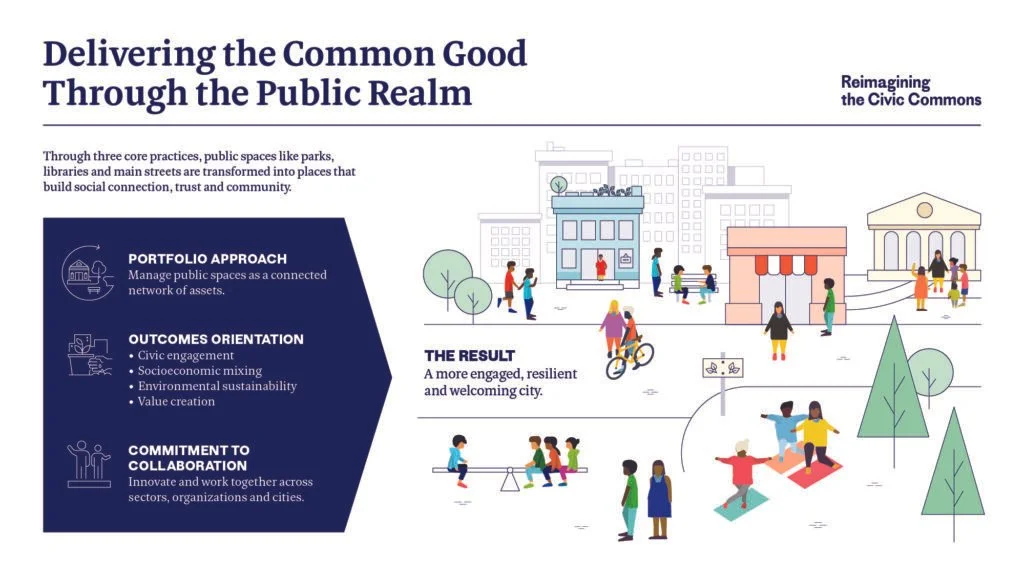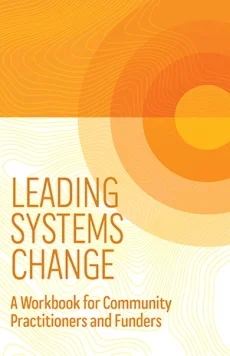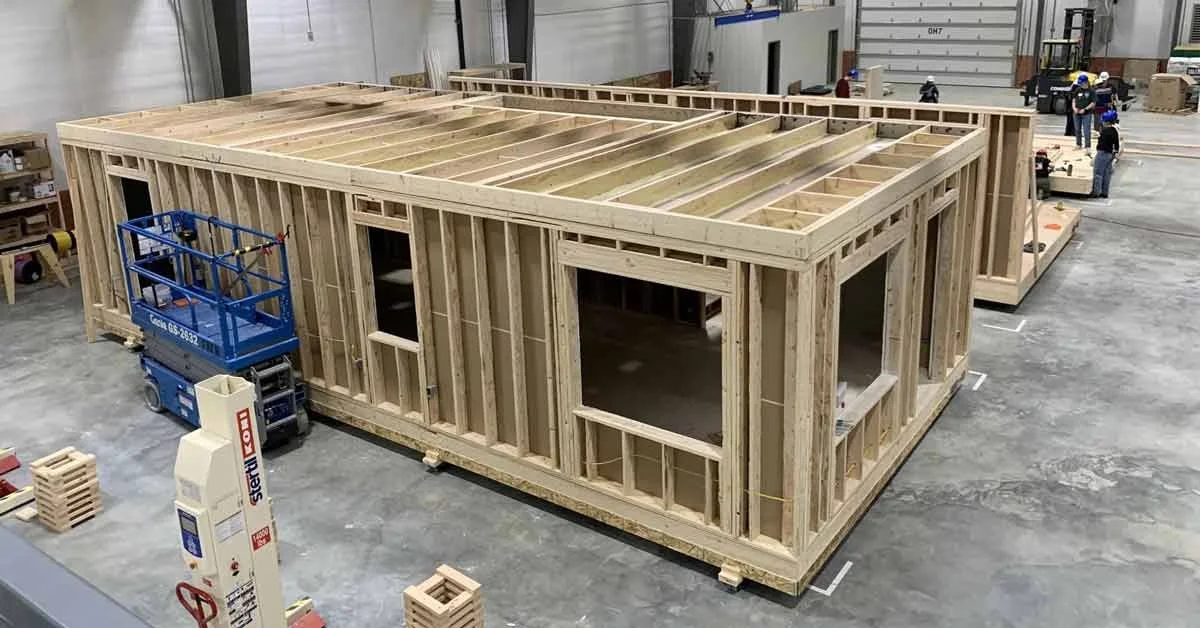
11/4/25 Dialogue: Racism
Two-Day Interactive Workshop
Join us for our signature workshop in a safe, respectful, and loving atmosphere where individuals will learn new information, share their experiences, dispel fear and guilt, and get to know each other.
Social Trust Map
The Social Trust Map is an interactive, scrollytelling experience that visualizes Weave's Social Trust Index for every neighborhood in the United States. This powerful tool helps communities understand where connection is taking root and where support is needed most.
By blending indicators of how people show up for each other (behaviors), how they feel and express care (intentions), and where connection happens (social spaces), the map provides an early signal for civic health that can guide community-building efforts.
What Makes a Good Life?
"The clearest message that we get from this 75-year study is this: Good relationships keep us happier and healthier. Period."
— Dr. Robert Waldinger, Harvard Study of Adult Development
New Pluralists
We're building a culture of respect and belonging for all. Since 2021, we've invested $33 million in people and groups bringing pluralism to life across America.
Pluralism is a promise and a practice—a choice about who we want to become.
Reimagining the Civic Commons
A national initiative transforming public spaces to build stronger, more connected communities across America.
Parks, libraries, trails, and main streets become places where people of all backgrounds gather, trust grows, and neighborhoods thrive.
Study Targeted Universalism
Overview
This short listen introduces the idea of Targeted Universalism. It explains how a shared goal can guide a community while different groups may need different steps to reach it. You’ll hear simple examples and ways to start practicing the idea in everyday work.
The Change Lab — U.S. Civic Landscape Report
This report quantifies the civic landscape across The Change Lab’s seven focus areas using IRS/NTEE–anchored directories (Cause IQ), labor statistics (BLS), and national volunteering data (AmeriCorps/Census). Within each focus area, we selected disjoint categories to minimize double counting. Cross‑domain overlap still exists; treat these figures as a conservative floor.
Reading and Repair
This Mind & Life article introduces a study led by social psychologist Rémi Thériault (NYU). The idea is simple: reading clear, thoughtful nonfiction for about 10 minutes a day may help people understand others and work well together. Participants read for 10 weeks. The team looks at changes in care for others, how we speak with people who see things differently, and whether readers feel more connected. Books are picked for easy reading and helpful themes, using both expert review and AI tools. Earlier work from the team suggests that reading plus reflection can be a welcoming first step. The public is invited to suggest book titles for future rounds.
Mental Health America of Greater Houston
When people understand symptoms early and know where to go, recovery is faster and outcomes improve. MHA of Greater Houston builds community capacity—training schools and providers, linking families to help, and shaping policies that make care affordable, accessible, and stigma-free.
85 years later, Chinese family honors the Black couple who rented to them
Summary
During an era of exclusion and housing discrimination, a Black couple welcomed a Chinese immigrant family as renters. Eighty-five years later, that family has publicly honored the couple’s courage and kindness—an act of remembrance that highlights shared struggles and the power of cross-racial solidarity. The story underscores how everyday choices—like opening your door—can ripple across generations.
The link between alcohol and cancer
Summary
This Yale SPH Q&A explains how alcohol contributes to cancer risk and why U.S. leaders are exploring updated warning labels. Dr. Vasilis Vasiliou highlights mechanisms (e.g., acetaldehyde, oxidative stress), dose–response effects, and the way alcohol amplifies other carcinogens such as tobacco smoke. Guidance includes: don’t start drinking for health reasons; if you drink, keep it modest and consider personal/family risk factors.
Food Insecurity Hits 39% in Houston & Harris County — Nearly Triple the U.S. Rate
Why This Matters
This deep dive into the food security crisis exposes racial and income inequality in our region. Communities of color and low-income households bear the greatest burden, and entire neighborhoods—like Greenspoint—are on the brink.
A Blueprint for Government That Actually Works for People
Government policies often sound great in meetings but fail when real families try to use them. A healthcare policy might work perfectly on paper but be impossible to navigate if you're a single parent working two jobs. This research shows leaders how to design policies by starting with people's actual experiences, testing ideas small before rolling them out, and improving based on feedback from real users. When policies work for everyday people, democracy gets stronger.
















